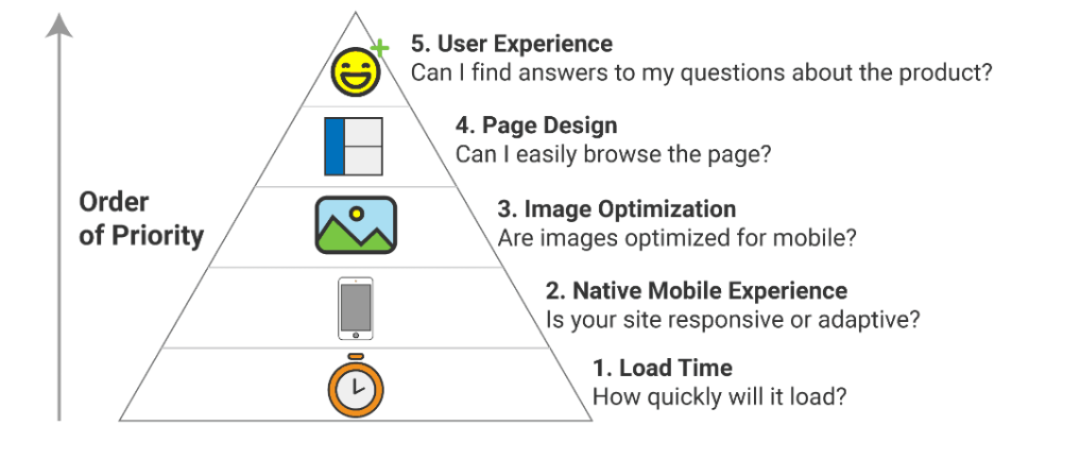Finally, you have your blog up, and you must be ecstatic. There are many approaches that you will find necessary, such as SEO startup practices. Now must be wondering if investing in SEO is worth it? The answer is yes. Many mistakes that most startups make is to ignore it or try everything at once. Without overwhelming you, we shall look at five approaches that matter most. Create an imagery lab to test, adjust where needed, and don’t lose focus. If need be, take a break and hire SEO expert to work it out for you.
1. Use SEO tools
You are lucky because most SEO tools that you can use in your startup are free. Don’t be like many out there who ignore these useful tools. The types that play a significant role include;
Google Analytics: A free tool offered by Google. Using it helps you see how users find your site and what they do when they visit it. You are also able to track your marketing return on investment (ROI).
Databox: A free tool that enables you to monitor your SEO, and informs you of what’s working and not working.
Google Analytics Website Traffic Dashboard: it is the tool that provides an overall report on which channels and the best keywords that are giving you traffic and conversions.
GTMetrix: if you want to find out how your website is performing in terms of speed, then this is the tool that you need to use. It will also give you an insight on how you should improve it, using optimizing images, or browser caching. It is a valuable tool that saves you a penalty from Google for a slow site.
There you go, you don’t need to spend on tools to get an efficient marketing strategy applicable for your business. The resources are free and readily available.
2. Niche keywords
As a startup, you must be introducing a new service or product to the audience. Assuming you researched to find out its demand. To build a perfect SEO strategy around the product, you must know how to translate its application, using keywords that have long-tail phrases. Although it might be easy to nail that, it is vital to have high-quality content that can quickly help build links.
Make your content outstanding, then publish it to your target audience. Pay attention to your client’s niche keywords. By using Google Keyword Planner, you get words tied to what you need. A smarter mission would be first to identify your niche market, and it becomes easy to take it from there.
3. Mobile Friendly
As soon as you embark on your startup, optimize your site with mobile. With the current trends, this is an option you can’t afford to neglect. Although it might not be your cup of coffee, understanding how your site affects mobile experience can be daunting.
There are optimization tactics only experts can understand. You can find affordable SEO services from professional to help you comprehend the effects in your site, and tune it to be mobile-friendly. Since Google started indexing the said sites from 2019, they continue giving them preference. If you don’t want to lose your visitors, then this is the way to go.
By using the Maslow’s Hierarchy of needs, we can twist it to “Mobile Optimizer,” as shown below;

The bottom of the pyramid shows primary considerations affecting user experience on his mobile. As you move upwards, you get into marketing-focused content. If you fail to succeed in category 1, then 2-5 won’t matter. Try to cover all the five types.
4. Have an SEO goal and strategy
Without a doubt, if you fail proper planning, you will fall. Right from the start, if you have a purpose and a clearly defined plan, then you are on your way to success. It is crucial first to acknowledge where you are and where you expect to be, using a workable strategy. Execution then follows so you can get to where you need to go. Then lastly, you know the reason why SEO will be crucial to your site. In essence, you are creating a strong foundation where you can now begin.
As a startup, set-goals will steer you in the right direction. Otherwise, you will trail and fail your business. Write them down according to the time you intend to accomplish your goals. Avoid ambiguous, and unrealistic goals, and use specified figure. Be wary of your SEO strategy, and aim to achieve your mission. Both should be well-aligned as you focus on your site’s traffic.
5. Set an SEO budget

Like we said from the beginning, an SEO budget is necessary, and you need to allocate some cash for your startup business. If you do this from the start, you will maximize your SEO strategy results. Don’t be caught unaware when you suddenly realize that you need a budget on SEO. A mistake that many startups encounter.
Many startups will experience an itch in budgeting for SEO and are a bit vulnerable. Nevertheless, Patrick Leonard from Brighter Digital advises that limited resources need a redirect to high-impact opportunities.
In conclusion, if you follow the above five simple approaches diligently as a startup, you will save your time, money, and your business. Attract better rankings in SERPS, as you take advantage of free tools provided for all. However, you can hire SEO experts or follow simple instructions to guide you.
Author Bio:
Naman Modi is a Professional Blogger, SEO Expert & Guest blogger at NamanModi.com, He is an Award-Winning Freelancer & Web Entrepreneur helping new entrepreneurs launch their first successful online business.
Social Media Links Below:
Twitter- https://twitter.com/
Facebook- https://www.facebook.com/
Pinterest – https://in.pinterest.com/NM_
Instagram- https://www.instagram.com/
Gravatar [email protected]

Leave a Reply